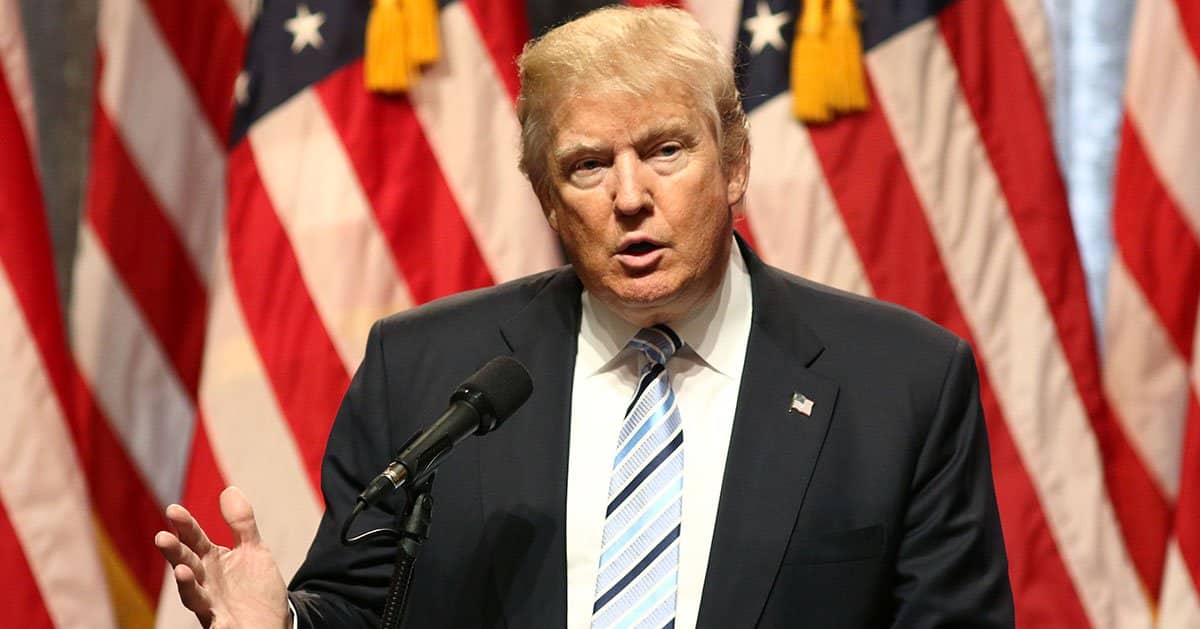



In a notable political development, Senator Susan Collins has extended her support to Robert F. Kennedy Jr. for the role of Secretary of Health and Human Services, marking a crucial moment ahead of a significant Senate vote.
The New York Post reported that this endorsement comes amid Collins' prior reservations about Kennedy's vaccine-related positions, indicating a shift that could influence the nomination's trajectory in the Senate.
Senator Collins, one of the potential swing votes in the upcoming deliberations, announced her backing for Kennedy following comprehensive evaluations, including public and private questioning.
Collins, who is 72 and faces a competitive reelection campaign in 2026, has been known for her willingness to diverge from party lines, as demonstrated by her previous vote against Defense Secretary Pete Hegseth. Initially, Collins had reservations about Kennedy’s views on vaccines, a subject of significant national concern.
However, Kennedy, at 71, managed to alleviate these concerns by clarifying his stance on vaccine efficacy and his dedication to restoring public trust in health institutions. During a hearing before the Senate Health, Education, Labor, and Pensions (HELP) Committee, Kennedy affirmed these commitments, which was crucial in winning Collins’ support.
Collins emphasized her renewed confidence in Kennedy as a potential leader of health agencies by noting his commitment to engaging in regular meetings with HELP Committee Chairman Bill Cassidy, who is also medically trained. Cassidy, who also voiced initial concerns, has now expressed support for Kennedy’s nomination.
In her statement, Collins highlighted Kennedy’s encouragement of MaineHealth’s initiatives to develop a Lyme disease vaccine, a key public health project in her home state. Collins’ focus on biomedical research underscores the importance of innovative efforts in combating health challenges.
Kennedy's willingness to lead a reassessment of a controversial 15% cap on indirect NIH grant costs, viewed as potentially hindering scientific progress, also resonated with Collins. His pledge to address this cap after confirmation promises to be a step toward resolving a pressing issue for researchers.
Last month, Kennedy underwent a rigorous examination in front of the Senate HELP and Finance Committees. These sessions scrutinized his positions and past statements, particularly related to vaccine controversies and Lyme disease.
During the hearings, Kennedy articulated a clear pro-science, safety-first approach, which helped alleviate the concerns that initially hindered his candidacy. His acknowledgment and willingness to address concerns about his previous comments signaled a readiness to work collaboratively with health committees.
Collins' emphasis on Kennedy's proactive stance toward pivotal health issues suggests a strategic alliance that could benefit ongoing health initiatives, notably within Collins' state priorities.
Despite his past controversies, Kennedy's nomination is anticipated to clear upcoming hurdles. His collaboration with President Trump and alignment with movements like "Make America Great Again" and "Make America Healthy Again" enhance his profile as a candidate with a substantial support base.
Senator Collins' endorsement is a crucial boost for Kennedy, illustrating his ability to bridge partisan divides. Her influential role could be key in swaying other undecided senators, thus fostering a climate conducive to his confirmation.
In her statement, Collins expressed confidence in Kennedy's qualifications, stating his capacity to reflect public health priorities and scientific advancements. Her support highlights the complexity and nuance required in navigating contemporary health policy challenges.
Kennedy's promise to reassess critical initiatives after securing his position underscores a broader commitment to adapting policies in response to evolving healthcare needs. His interactions with senators from both parties suggest a pragmatic approach to leadership.
As the Senate prepares for the impending vote on Kennedy's nomination, the focus remains on how he will address pressing health issues and implement measures that align with national health goals.



